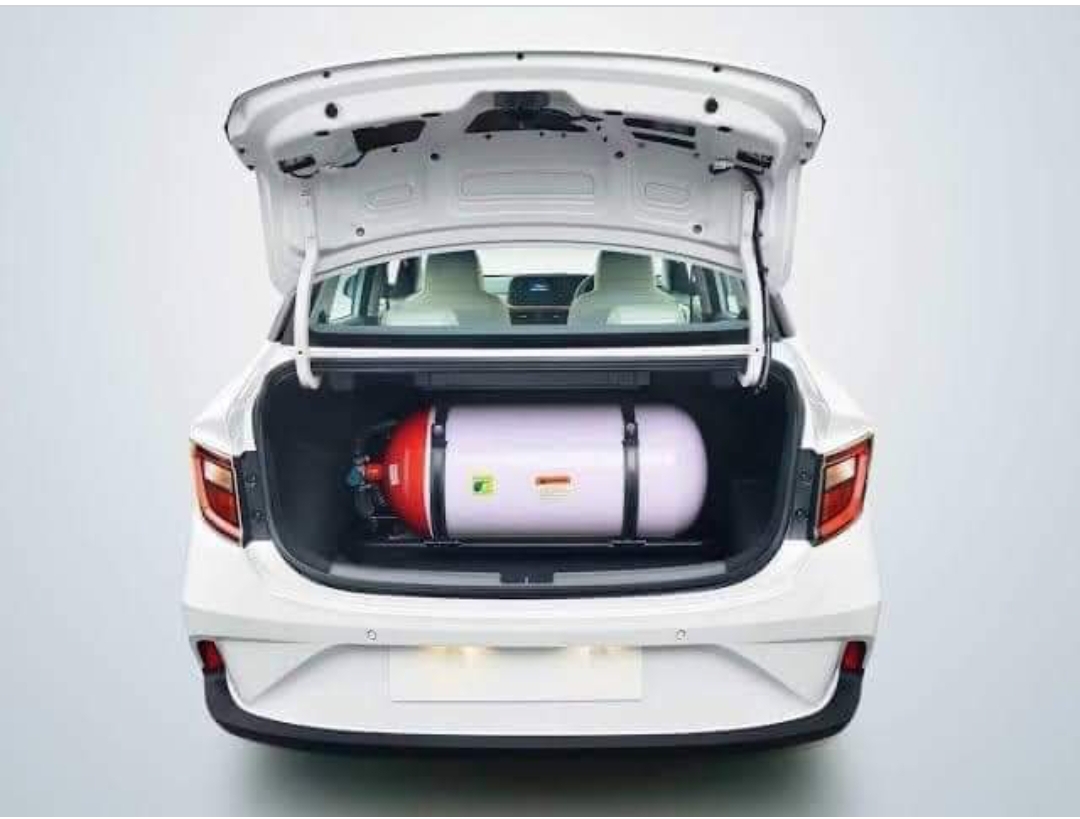
Benin City, Edo State – October 21, 2024
The Standards Organization of Nigeria (SON) has expressed deep sorrow over the recent gas explosion incident at a gas station in Benin City, Edo State. The explosion resulted in injuries and property damage.
Preliminary Investigations Reveal Safety Concerns
Initial investigations by SON have revealed that the cylinder used in the incident did not meet the approved standards for Compressed Natural Gas (CNG) cylinders. This highlights the critical importance of using only certified equipment to ensure safety.
Key Differences Between LPG and CNG Cylinders
To understand the safety risks associated with using uncertified CNG cylinders, it’s essential to know the key differences between LPG and CNG cylinders:
- Pressure Capacity: LPG cylinders operate at lower pressures compared to CNG cylinders.
- Construction: CNG cylinders have a seamless construction, making them more resistant to pressure.
SON Encourages Safe CNG Practices
SON has emphasized the importance of using only SON-certified CNG cylinders and conversion kits. These certified products undergo rigorous testing to ensure they meet safety standards. The organization has also directed CNG refueling stations to conduct on-the-spot inspections of vehicles to verify that they have approved conversion kits with the necessary labels.
SON’s Commitment to CNG Safety
SON has implemented robust regulatory measures to ensure the safe use of CNG in Nigeria. These measures include:
Monitoring: Developing the Nigerian Gas Vehicle Monitoring System (NGVMS) for centralized oversight of CNG systems.installations.
Certification: Ensuring all CNG equipment and conversion kits meet approved standards.
By taking these steps, SON reaffirms its commitment to ensuring the safe use of CNG in Nigeria and urges stakeholders to prioritize safety.


